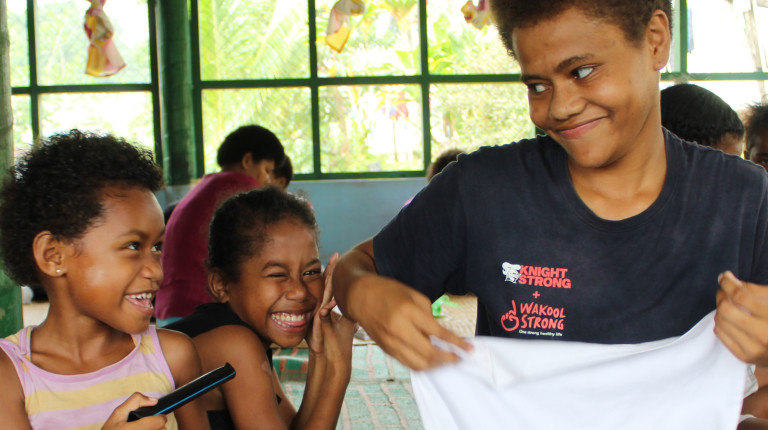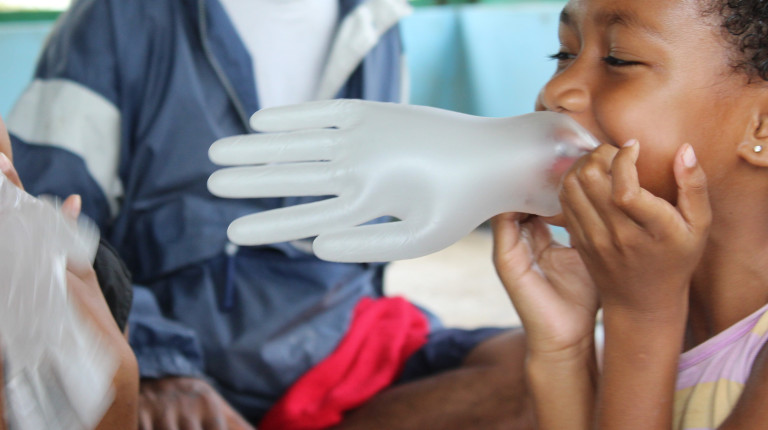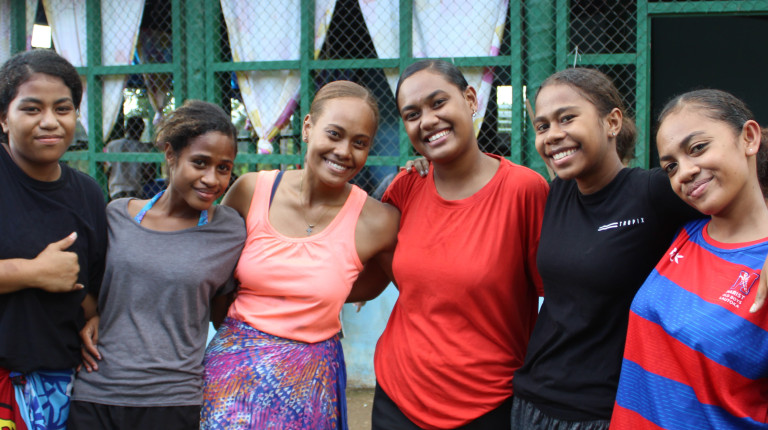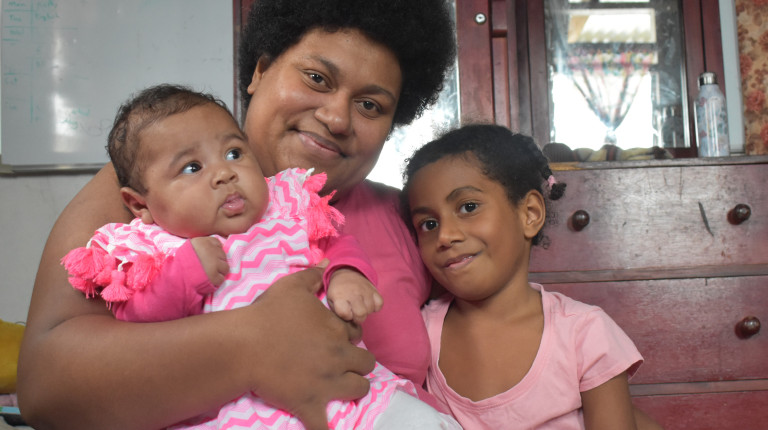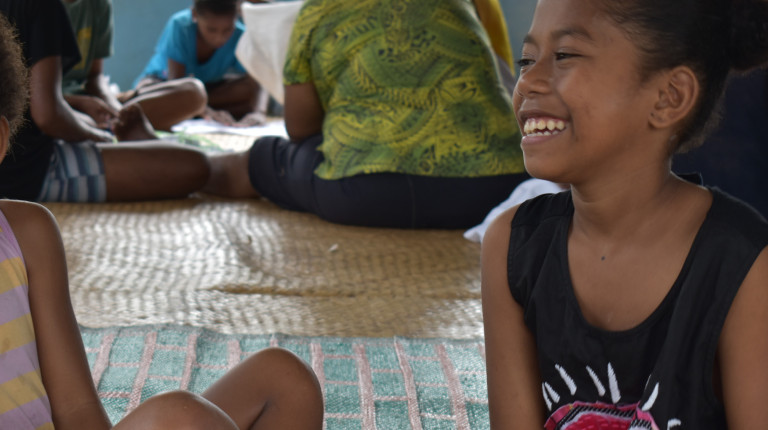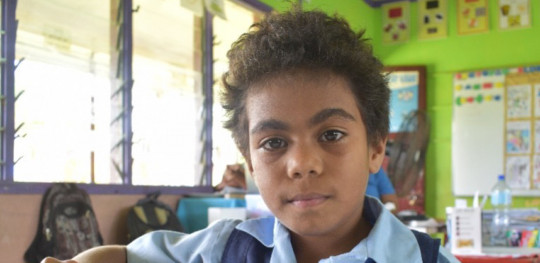Coming together to end violence against children in Fiji
Children in Fiji face violence in homes, schools and communities. Together with the Fiji Government, local civil society organisations, communities, and children, Save the Children is working to create collective action to end violence and build a culture of zero tolerance to violence against children in Fiji.
Why children in Fiji need greater protection
Despite strong policy commitments from the Fiji Government, rates of violence against children are alarmingly high, and children are largely absent from decision making processes that concern their development. Cultural and societal norms often undermine child protection efforts. Many children are unaware of their rights, and corporal punishment remains widespread. This creates an urgent need for interventions that can protect children from harm, raise awareness about child rights, and promote non-violent parenting practices.
A situational analysis from 2019 conducted by Save the Children Fiji revealed that of the 161 children surveyed, approximately a third had never heard of child rights. Despite legislation, corporal punishment in the home is widespread, with Fiji’s patriarchal society supporting many cultural, social norms and values that discriminate against women, and children, making it harder to achieve behavioural change. Child sexual abuse in Fiji is alarmingly high, with an estimated 16% of women (approximately one in five) reporting they experienced abuse by the time they turned 15. Other statistics suggest that approximately 200 adolescents under the age of 16 are raped every year. Women and girls with disabilities, in particular those with intellectual disabilities, are especially vulnerable to sexual violence. These women and girls are also less likely to seek support, refuge, or legal action.
Save the Children’s Collective Action to End Violence Against Children Project
Our five-year Collective Action to End Violence Against Children (CAEVAC) project, supported by the New Zealand Government, aims to protect children from all forms of violence through collaboration with families, communities, and government partners.
The project aims to create a culture of zero tolerance towards violence against children, empower children to advocate for their rights, and strengthen national and community child protection services. By working with families, communities, and government agencies, CAEVAC seeks to reduce harm and support children as agents of change.
Through a child-centred approach, the project aims to address harmful social norms, promote positive parenting, advocate for policy and systems that promote protection of children, and create an enabling environment for children to participate, and fulfil their rights.
The result will be strengthened child protection systems and services (community and national), and empowered children who are advocates for their own protection in 24 communities across the Central Division of Fiji. The project seeks to ensure that children in Fiji face less harm from violence and are actively involved in shaping a safer future.
How we know we're making a difference
Already we’re seeing positive outcomes in the communities where we work.
Recent highlights include:
- Child safeguarding training conducted with more than 400 community focal points, child club coordinators, and parents.
- Child clubs established in 20 communities with 537 children registering and 85 adults contributing.
- Establishment of the Parenting Without Violence Collective with representatives from police and Government alongside Save the Children.
- 70 teachers and staff from 11 residential homes for children trained in child safeguarding to ensure the most vulnerable children are safe from violence.
Meet Ruth and Jesslyn
The numbers above tell the story of children and families who have been helped. Parents like Ruth, a mother of two, who took part in positive parenting training in her local community.
She told us: “I have never attended such training in the first place and second to see other mothers as well and other fathers who were there to speak of what they went through as parents and what they are still going through as parents. It opens up my eyes. I can know how to be a better mother, and to better provide for my children.”
Ruth feels more equipped to support her family and be the best parent she can be.
Who makes our programme possible
Through Aotearoa New Zealand’s International Development Cooperation Programme — Ngā Hoe Tuputupu-mai-tawhiti, Kiwis are providing children in Fiji and around the world with a brighter future. Find out more about this Government support here. This programme is also supported by our generous regular givers, whose monthly contribution works to create irreversible positive change for and with children at home and around the world.
Save the Children works in partnership with the Fiji Government, local communities, NGOs, and international partners.


